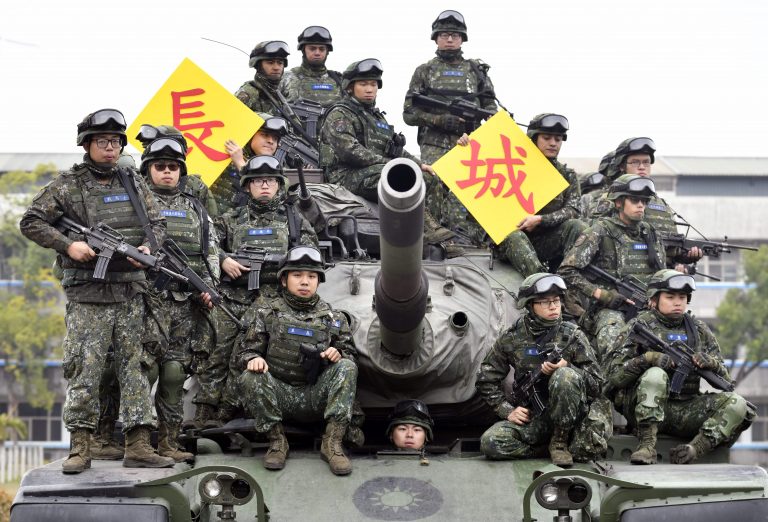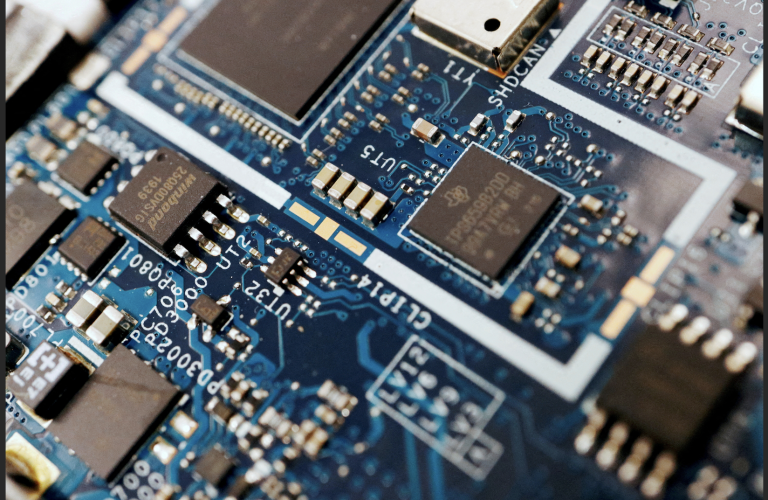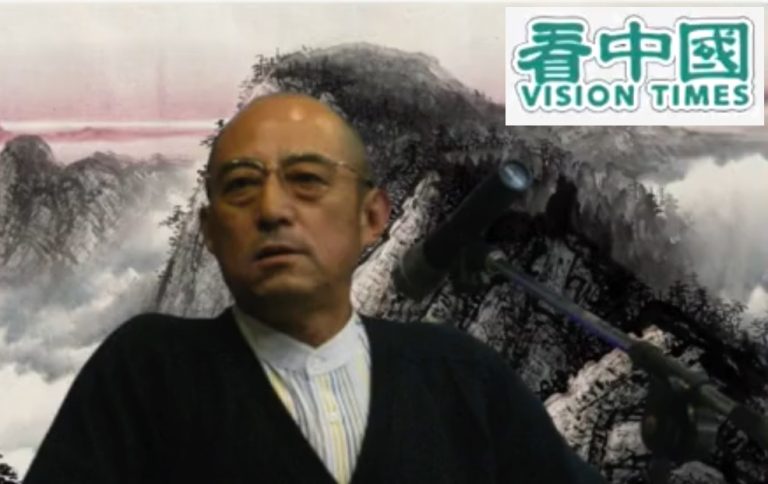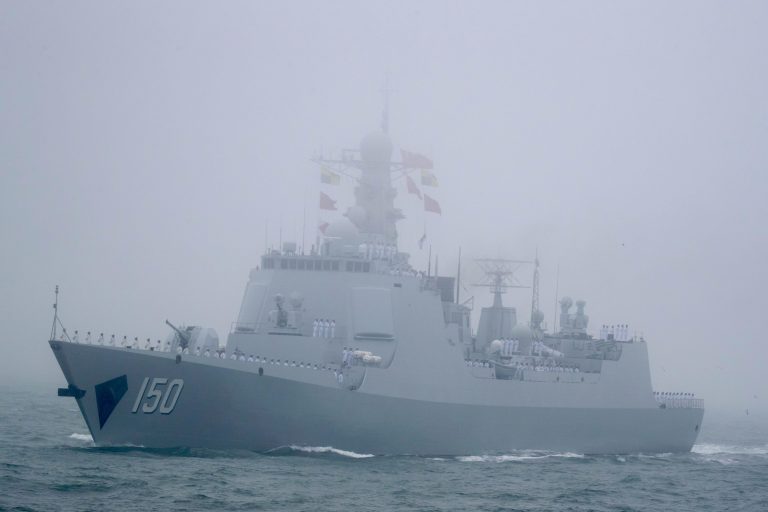Communist Party-run outlets in China are touting the U.S. withdrawal from Afghanistan as a sign of things to come for Taiwan if war breaks out between the self-ruled island and the People’s Republic of China, claiming that Taiwan’s “defense will collapse in hours and the US military won’t come to help.”
The communist Chinese regime claims Taiwan — officially called the Republic of China — as part of its own territory, vowing to “retake” the island and bring an end to the unfinished civil war that saw the fall of the ROC on the Chinese mainland.
In an Aug. 16 editorial, Chinese state-run tabloid Global Times directed its rhetoric at Taiwan’s Democratic Progressive Party (DPP), which advocates formal independence for the island:
According to the Global Times, Taiwan’s leaders “must have been nervous and feel an ominous presentiment” following the removal of most U.S. troops from Afghanistan and the subsequent fall of the Afghan government to the Taliban.
READ MORE:
Success
You are now signed up for our newsletter
Success
Check your email to complete sign up
Beijing Infiltrates Both Sides of Taiwanese Politics to Promote Division: Professor
“The situation in Afghanistan suddenly saw a radical change after the country was abandoned by the US. And Washington just left despite the worsening situation in Kabul. Is this some kind of omen of Taiwan’s future fate?”
“They [the DPP] must have known better in secret that the US is not reliable,” the editorial continued, while positing that should war come “the DPP authorities will quickly surrender, while some high-level officials may flee by plane.”
Taiwan responds: ‘Stop being delusional’
Speaking with reporters, Taiwan premier Su Tseng-chang dismissed the notion that Taiwanese leaders would flee in the event of a communist invasion.
Su noted that despite the protection afforded by the U.S. military, Taiwan has no intention of relying on Washington for protection, as reported by Newsweek on Aug. 17. “We will safeguard this country and this land.”
He also took a jab at the opposition Kuomintang (KMT), which used to run the ROC as an authoritarian party, saying that when the KMT “installed authoritarian rule and 38 years of martial law in Taiwan, we lived through martial law without fear of death or imprisonment.”
“Today, a powerful country wants to annex Taiwan through the use of force. Likewise, we fear neither death nor imprisonment,” Su said. “To the foreign forces that seek to invade Taiwan, we say this: Don’t be delusional.”
READ MORE:
Economic Talks in Washington Strengthen US-Taiwan Relations
In recent years and months, the United States has stepped up actions and statements of support for Taiwan, particularly in the latter half of the Trump administration. Officials from the State Department made groundbreaking visits to the island (the U.S. does not have formal diplomatic relations with the ROC), and Washington closed deals with Taiwan for the sale of advanced American weapons, including the M1A2 Abrams tank and F-16V fighter jets.
However, the ROC premier warned that “internal chaos” would imperil Taiwan and its democracy. Over the decades, the Chinese Communist Party (CCP) has employed “united front” tactics against Taiwan, combining military threats, economic lures, and divisive propaganda to weaken the island and its leaders.
The KMT, for example, was once Communist China’s main adversary, but was goaded into two United Front agreements with the communists that ultimately resulted in its defeat on mainland China. And despite many years of confronting the CCP threat after its retreat to Taiwan in 1949, the KMT morphed into a pro-Beijing party notorious for its mainland business ties.













